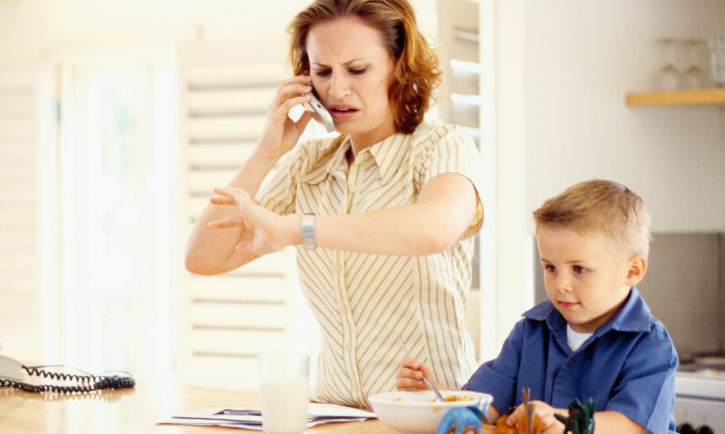
Insecurity, not inactivity is the real cause of damage to health.
Loud guffaws must have greeted last week’s NHS survey suggesting a quarter of British women are “officially inactive” with less than 30 minutes exercise a week and a half are doing the bare minimum of 90 minutes.
The survey suggests a quarter of British women are depressed or anxious (compared to 16% of men) and almost half suffer from long-term health problems such as arthritis, diabetes, heart failure or asthma (36% of men).
So this is serious. And there’s no dispute that women are failing to get their hearts thumping in a regular, illness-averting way.
But inactive? I’d humbly suggest the health boffins choose another word pronto.
Exercise-free British women are not inactive. Far from it.
Indeed, half the problem may be that women’s lives are a never-ending blur of activity.
Getting kids ready for school, shopping for food, cleaning the house, going out to low-wage, part-time work, getting home on time to pick up the children, inventing excuses to care for sick kids, caring for elderly parents, organising Christmas (but letting Santa take all the credit) these activities loom disproportionately large in women’s lives.
And a rest from this daily onslaught can often feel like the only appealing reward, not more physical effort. Better still, a stiff drink or a trip to the chocolate stash.
Don’t get me wrong. Booze, fags and choccy are temporary mood changers not long term solutions for anything.
There’s no substitute for muscle-building, sanity-creating, fresh-air exercise. But for hyperactive women that can seem like a bridge too far, a luxury with uncertain rewards that takes too much (non-existent) time to do and too much planning effort to fit in.
And let’s face it, activity doesn’t always create good health.
Bending and stretching can develop muscle tone or housemaid’s knee.
Mums who are on the go all day can also be dangerously unfit. And “active” youngsters can be in the swimming pool all day while their “inactive” mums clean their clothes, tidy their rooms and cook their food. It’s a sair fecht!
So let’s leave “inactivity” to one side as a red herring and tackle the i-word that’s really damaging health. Insecurity.
You’d have to live on another planet or be George Osborne not to know recessionary Britain is awash with food banks, benefit cuts, redundancies, zero-hour contracts, wonga.com loans, shark-like banks, uncertainty and unfairness.
Wages are down, part-time working has increased, and council services have been cut. The stress of managing a household on part-time wages is a recipe for despair. And despairing people don’t go jogging every morning or walk to work instead of catching the bus, no matter how much exercise raises spirits, combats depression and deters bad eating habits.
Lack of activity piles on the pounds, puts strain on joints and makes movement painful. A sedentary life is depressing so folk go out less and eat more. If you’re in that downward spiral it’s hard to break out.
But pals can help. Don’t drown sorrows together. Launch wee adventures instead. That could mean getting decent supportive walking shoes and walking briskly to a local museum, park or library for an hour’s dander.
Cycling’s great for creaky joints ’cos the frame takes the strain.
But I’ll admit with speedy traffic, that’s easier if pedalling’s been a lifelong habit. And that’s why all of this matters daughters and grand-daughters are copying our bad habits right now. So how about a family walk this Christmas?
A good example (and a wee surprise) could be the best prezzie sedentary mums ever give their daughters and themselves.

Enjoy the convenience of having The Sunday Post delivered as a digital ePaper straight to your smartphone, tablet or computer.
Subscribe for only £5.49 a month and enjoy all the benefits of the printed paper as a digital replica.
Subscribe